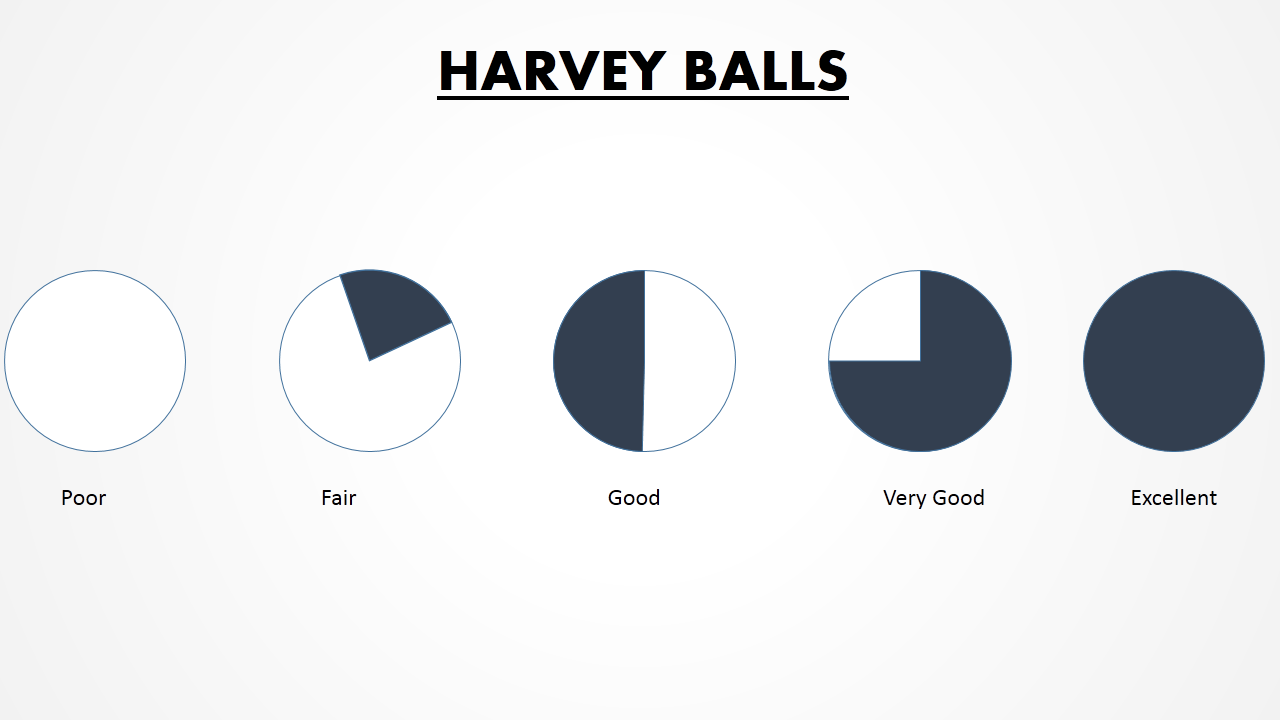In this world, many choices are available, and branding plays a crucial role in consumer decisions. Join us as we explore the complex world of private branding and reveal its importance, power, and techniques for creating a distinctive identity.
WHAT IS BRANDING?
The process of giving a product, service, company, or people a distinctive identity is known as branding. It is often called the "Art of Leaving a Lasting Impression." Also, the company's name, logo, design, messaging, and overall perception work together to distinguish it from competitors and leave a lasting impression on the target audience. Effective branding influences consumer decisions and promotes long-term loyalty by building recognition, trust, and an emotional connection.
Do you know what Private branding is, exactly? If not, I'll tell you right away.
Personal branding, sometimes called private label branding or store branding, is a marketing tactic where a firm or retailer develops and sells products under its brand name rather than using the brand names of the original producers.
By purchasing goods from independent producers and labeling them with their brand or emblem, the retailer creates the impression that the goods are exclusive to that specific merchant. Also, retailers can use private branding to offer unique products, set their prices, and differentiate themselves from competitors. Furthermore, it gives them greater control over the product's quality and design, allowing them to suit specific customers' needs better.
And have you ever thought about how private branding functions?
If not, check out this blog and get the Slide Team's Effective Private Branding Templates to get started. This PPT Deck features slides with content already on them, saving you time, and it can be customized to your project's or business's needs. Since each design is entirely editable and adjustable, these are the best resources for your needs.
# Private Brand and its Competitive Edge in the Market
This slide explains what a private brand is and how it differs from other brands in the marketplace. Also, it addresses production management, cost control, adaptability, and branding.
Private brands may produce goods that exactly fit what customers want because they have more control over product quality, pricing, and design. All this helps to build consumer trust in and reliance on private brands. Due to their distinctiveness, they stand out from other brands, which promotes brand growth and economic success.
# Comparison for Various Types of Private Brands.
This slide compares various private brand types in the market, considering different criteria. Moreover, it offers merchants a diverse and competitive product range, catering to distinct consumer tastes and pricing points.
Further, Brand comparison is vital as it enables us to grasp each brand's distinct attributes, strengths, and limitations, aiding informed consumer decisions that align with our preferences. Moreover, it fosters healthy competition among companies, prompting them to enhance their offerings and stand out in the market.
# Types of Manufacturers Offering Private-Label Branding Solutions.
This slide showcases the numerous producers that provide services for private branding. Additionally, it includes regional brands, small producers, significant brands, wholesalers, and retailers.
Also, manufacturers offering private-label branding solutions permit businesses to develop distinct products and brand identities, enabling market establishment, customer loyalty, and competitive advantage.
#Key Decision Factors for Potential Buyers in Private Brands.
This slide shows essential elements influencing purchasers' purchasing decisions, i.e., Price, quality, discounts, product claims, brands, and packaging are all covered.
The significance of key decision factors for potential buyers in private brands empowers businesses to develop and market products that strongly appeal to their intended customers. This, in turn, fosters growth, customer loyalty, and overall success in the market.
#Key Steps for Building Private label.
This slide illustrates the essential phases of creating a personal brand. It addresses setting goals, identifying market gaps, deciding whether to make or buy and doing research, deciding on a marketing strategy, and figuring out how to measure success.
Businesses can create a solid and effective private label by carefully following these five critical measures, which can resonate with consumers, spur growth, and establish a respectable position in the market.
#Strategy 1- Enhance Online Brand Awareness.
This slide shows how to enhance online brand recognition for private brands to boost sales. It features infographics, guest articles, referral programs, etc.
For a business to reach a larger audience, become more visible, and draw in new clients, it must increase its online brand awareness. Companies may increase their reputation, encourage client trust, and open up prospects for growth and success in the Internet market by having a solid online presence.
#Strategy2- Strategize Private Label Product Marketing.
The slide displays product marketing tactics mainly used to raise brand recognition and draw in new customers. It addresses UGC optimization, sampling, and 360-degree marketing campaigns.
It is crucial to develop a private label product marketing strategy to set products apart from rivals, establish brand recognition, and successfully target the desired market.
Conclusion
Having a solid private branding strategy can attract more customers. By creating an appealing brand identity, businesses build trust, stand out in the market, and leave a lasting impression on their target audience. Also, increasing customer interest and loyalty.
A group of researchers and designers at SlideTeam collaborate to provide material that satisfies client needs. And it's interesting to note that they can alter identical PowerPoint presentations to accommodate different professional needs. For more information, contact- +1-408-659-4170
Get free Private Branding PPT & Private Branding PDF.
FAQs on Effective Private Branding to Attract Potential Customers.
Q: When developing a private brand that appeals to potential customers, what are the main factors?
A: One should consider factors when developing a private brand, like market research to understand customer preferences, designing eye-catching packaging, ensuring product quality, providing competitive pricing, and creating compelling marketing messages that resonate with the target audience.
Q: Can private branding improve customer loyalty and trust?
A: Yes, effective private branding can enhance customer loyalty and trust. And by consistently delivering high-quality products and meeting customer expectations, your brand can establish credibility and increase long-lasting relationships with customers, leading to increased loyalty and trust.
Q: Is private branding only for large companies, or can small businesses benefit from it too?
A: Private branding is not limited to big firms, but small-scale businesses can benefit. Additionally, it allows smaller companies to create a distinct identity and compete with more prominent brands. Further, Private branding enables small businesses to cater to specific niches and build a strong connection with local or targeted customers.
Q: Are there any potential challenges or risks associated with private branding?
A: Yes, private branding comes with some challenges and risks. These may include initial investment costs, the need for effective marketing and promotion, potential competition with established brands, and the responsibility of maintaining product quality and customer satisfaction. Also, proper planning, research, and execution are essential to mitigate these challenges and ensure successful private branding.
Q: Can private branding lead to increased profitability for my business?
A: Yes, private branding can contribute to increased profitability. By reducing the dependency on external brands and manufacturing products under your brand, you can achieve better profit margins. So, as a customer loyalty grows, repeat purchases and positive brand perception can drive higher sales and profitability over time.





 Customer Reviews
Customer Reviews


























